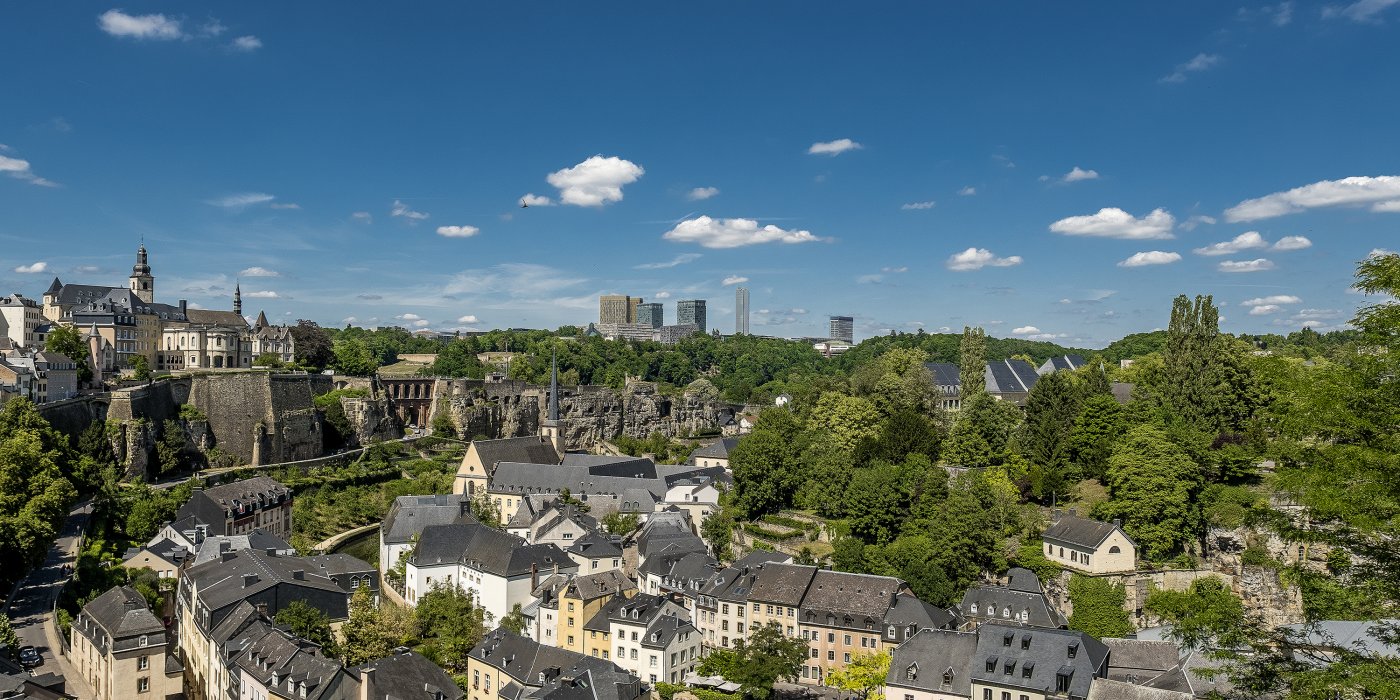Overview
Street work is a unique type of work, aimed at supporting young people and adults for whom the streets are an important place to socialise or live. These individuals are often not reached by other service providers, so the street workers go to the meeting points used by these individuals to make contact with them. Building contact in this way provides the foundation for all subsequent services that the street workers offer.
Street work focuses on the environment that these individuals live in and is about low-threshold services tailored to a client's existing resources. Having a precise understanding of an individual's living situation is paramount, as well as an overview of what assistance is available. The main purpose of street work is to support individuals with managing their circumstances and improving their quality of life. It is essential for street workers to be accepting of differing life goals and to correctly handle information that is shared in confidence.
Target groups
Target groups for street work services include:
- individuals who congregate in public spaces;
- individuals who are often dealing with a range of problems and issues;
- individuals who appear to be at risk of harm;
- individuals who decide to temporarily or permanently not engage with other services or institutions that offer assistance.
Broadly speaking, there are two different types of intervention. The corresponding methods are based on the same principles, but are used in different ways depending on the circumstances:
"Hotspot" street work generally takes place in the city districts around Luxembourg Central Station and is primarily aimed at marginalised target groups. This type of intervention is often about providing immediate social assistance.
Street work in residential areas is primarily aimed at young people who congregate in residential locations during their free time, rather than engaging with the youth services available to them (such as clubs and youth centres). This type of intervention is more of a preventative measure and involves connecting individuals with alternative leisure activities.
Methods
Street work is based on an approach that can include several different methods:
Observation:
- analysis of meeting points and regular documentation of changes within group and social scenes
Social work support and monitoring of cliques, scenes and groups:
- outreach work in public spaces, particularly at hotspots
- social work-based group activities that functions as a way to build trust
- leisure and learning-based services and projects
- actions relevant to an individual's living situation that support participation in society
Community work:
- initiation and development of social infrastructure actions relevant to the target groups
- participation in networks relevant to the community
Networking:
- understanding of the available social services and institutions
- contact with citizens, local businesses, and private and public institutions in the field
- working at a shared office
- jointly developing shared foundations for this work
Arranging individual support:
- signposting clients to the appropriate services available from private and public service providers
- social work support and monitoring of individuals with complex social problems within the target groups
- assistance with improving social skills and decision-making, and developing other perspectives
Documentation:
- any actions implemented are regularly documented and evaluated. The service providers submit reports to the City of Luxembourg.
Excluded activities
The activities below are NOT carried out by Streetwork team:
- controlling social tendencies and scene developments
- relocating social hotspots
- barring people from certain areas
- punishing inappropriate behaviour
- performing identity checks
- acting as an informant
- providing financial assistance
- providing medical care
- implementing actions that the client has not agreed to












